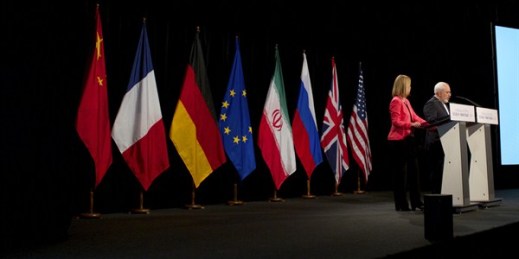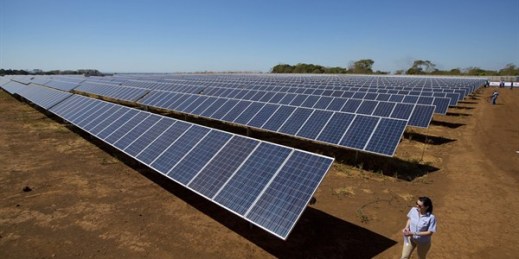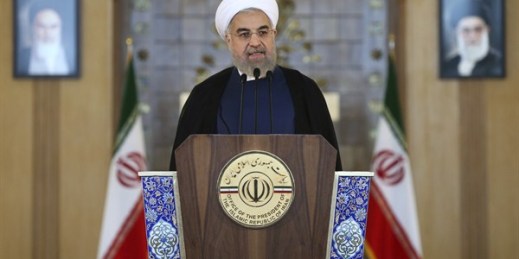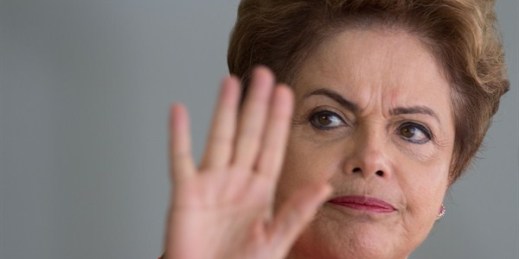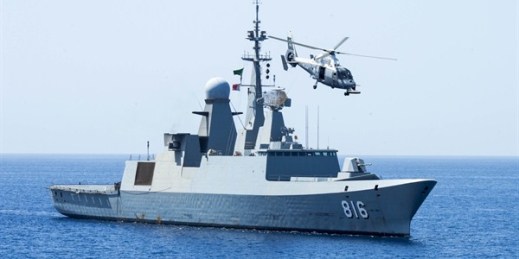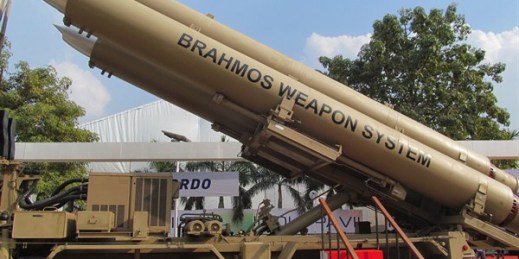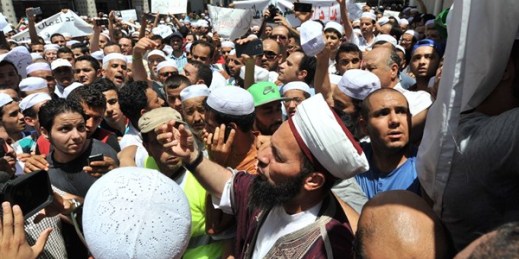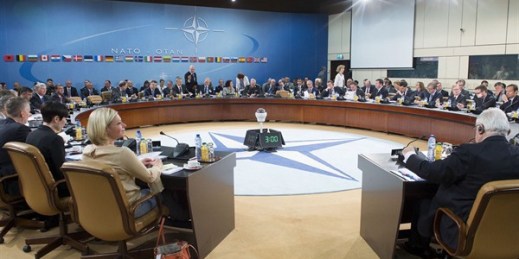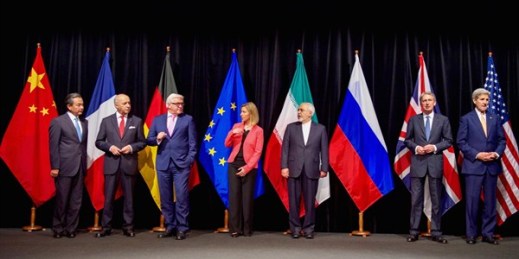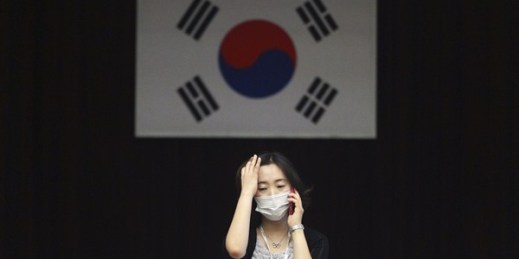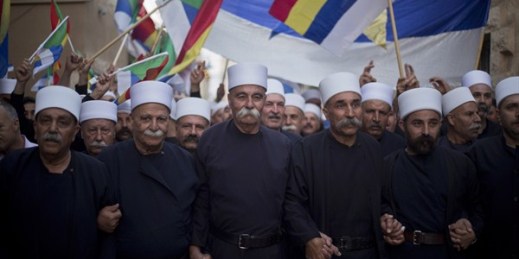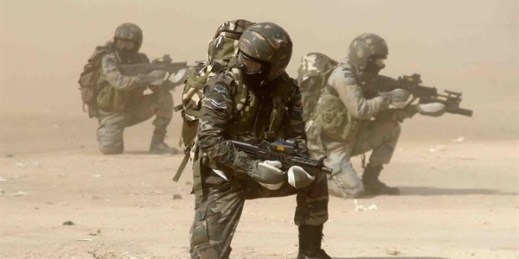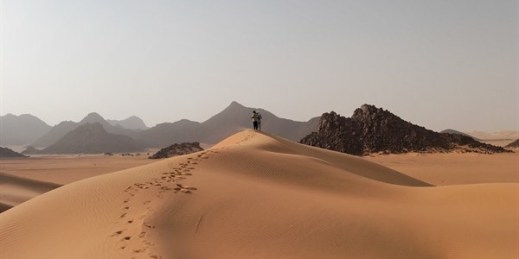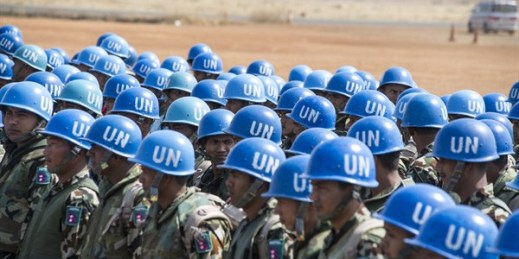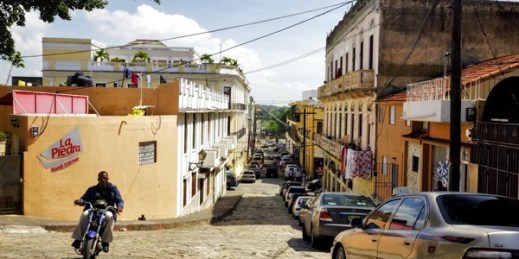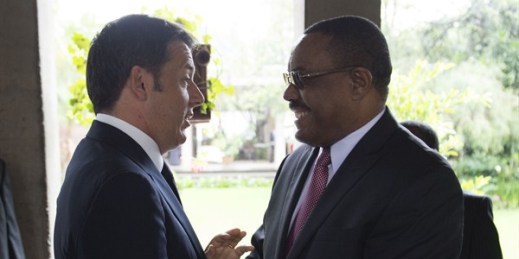
Earlier this month, Italian Prime Minister Matteo Renzi was in Kenya to discuss trade ties and pledge support for counterterrorism operations in East Africa. In an email interview, Mattia Toaldo, a policy fellow at the European Council on Foreign Relations, discussed Italy’s outreach to Africa. WPR: How extensive are Italy’s ties with Africa, and what are the main areas of cooperation? Mattia Toaldo: After the end of the Cold War, and with development aid money drying up, the Italian presence in sub-Saharan Africa quickly waned. But following a policy review conducted two years ago under then-Foreign Minister Emma Bonino, Italy […]

